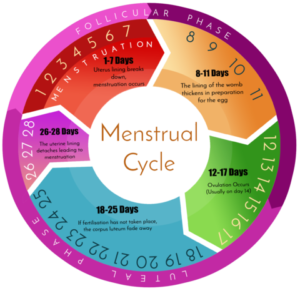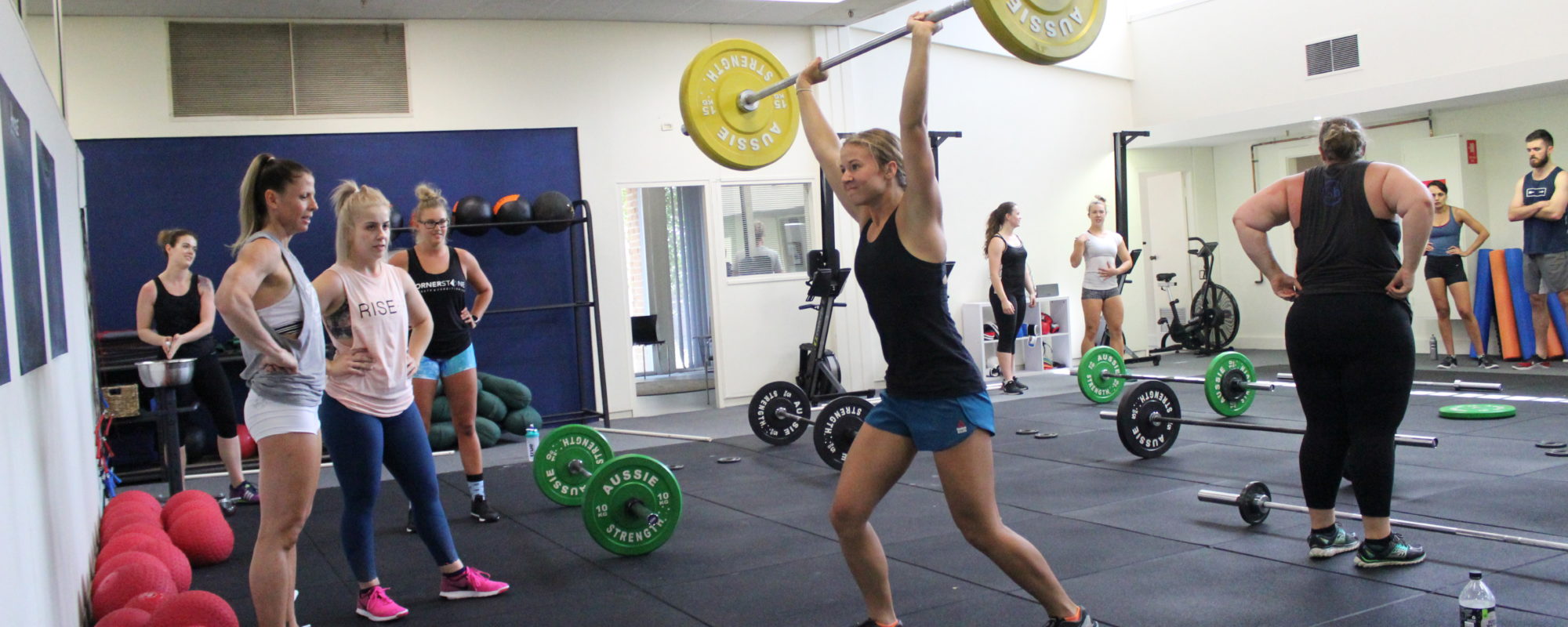1. De-stress.
Don’t think you’re stressed? Think again. The nature of our modern day life couldn’t be further from what nature intended it to actually be. The number of friends and clients who have been through all of the medical options for fertility to no avail, only to go on holiday or change jobs and fall pregnant… it’s astounding. I recommend clients map out a typical week on a calendar and use one colour (say red) to block out work hours, travel time, phone calls, time spent in front of screens (TV, phone, laptop, iPad), family gatherings, social commitments, exercise and kid’s scheduled activities – all the stuff that we have to do.
For most people, this fills up their whole week. Then I suggest using a different colour (say green) to fill in time for cooking, walks, reading, taking a bath, pottering in the garden, star-gazing, spending quality time with their partner or children, doing some yoga, getting a massage or simply doing nothing. Use a different colour again (say blue) to show how many hours of sleep you get each night. If you’re staring at a week of red with varying amounts of blue and two small patches of green then some lifestyle changes are in order. All of those green activities are actively lowering your stress hormone levels, lowering your blood pressure and helping to stabilise your reproductive hormone cycles. All of those red activities, whilst important, need to be balanced with enough green and blue throughout your week. Actively managing stress is so important!
2. Track your menstrual cycle – intimately.
For women coming off hormonal birth control, it can take some time to establish a monthly cycle, or even have a period at all. Whilst falling pregnant unexpectedly is clearly not ideal, there are other ways (and very effective ways) to prevent pregnancy before you’re ready for it. It’s worth talking to your GP or health care provider to consider non-hormonal options for birth control to maintain as natural a monthly cycle as possible. For a lot of women, NOT falling pregnant is really important, until that is – we really want to fall pregnant. And it’s hard to understand how frustrating and frankly all-consuming that can be until we find ourselves in a situation where it’s just not happening.
Once you are menstruating, use an app or a diary and start to keep track of things like mood, general energy, mental state, food cravings, muscular or back aches, skin changes and vaginal discharge. It is also interesting to note the stage of the moon cycle at the start of your period as most women with a regular cycle will either menstruate on a full moon or a new moon. Just writing these things down you will start to notice patterns and become more familiar with your body and the changes in your energy levels over the course of a month. You will also start to learn when you are fertile, likely to ovulate, when you are infertile and when you are likely to begin menstruating.
Masai culture traditionally doesn’t allow a couple to marry until after the wet season when they have been drinking the milk of cows on lush green grass. This is because the more energy the cows are eating through good quality grass, the more nutrients including fat and protein that their milk contains. In traditional Arctic populations, even landlocked communities went to great lengths to retrieve fish roe (eggs) for women of child-bearing age to ensure they produced healthy babies. In India, coconut is believed to boost fertility and in China, eggs are an important part of a fertility diet. There are plenty of important nutrients for fertility found in foods that our low-fat generation has tried to eliminate such as the fat soluble vitamins A, D, E and K, choline from egg yolks and omega 3s from fatty fish like salmon and mackerel.
 The modern Western diet is high in calories but low in nutrients. It really is about quality over quantity. Focusing on real whole foods, eliminating processed and high-sugar foods and including quality proteins, natural fats and a variety of plant foods will ensure the nutrient density of your diet improves while the empty calories disappear.
The modern Western diet is high in calories but low in nutrients. It really is about quality over quantity. Focusing on real whole foods, eliminating processed and high-sugar foods and including quality proteins, natural fats and a variety of plant foods will ensure the nutrient density of your diet improves while the empty calories disappear.

4. Change your exercise habits.
I say “change your habits” because most clients I see are in one of two boats. They either do zero exercise or they do a lot of exercise, and really it i all about balance. If exercise to you is taking the dog for a walk, you could definitely be doing more. Something that challenges you, gets your heart rate up and stimulates your muscle fibres to repair and grow stronger a few times per week will reduce stress hormones (that can negatively impact your reproductive hormone levels) and improve thyroid function and metabolism. For some women, this change alone can be the turning point in improving their fertility.
However if you are training hard for an hour or more every day, doing high intensity or endurance activities like Crossfit or preparing for a marathon, it is likely that you are creating more stress in your body than it needs. Apart from the long term health consequences of over-training such as lowered immunity, exercising intensely and too often can inhibit your ability to conceive and numerous studies have shown this to be true. For one body to create and grow a completely new body inside it, it must have enough energy reserve. It is not uncommon for elite female athletes and very thin women to develop amenorrhea, i.e. their menstrual cycles stop completely.
Everyone is different and what one woman’s body finds to be too much may be very different to another’s, however if your goal is to have a baby and you’re in the first boat, you need to move your butt. If your goal is to have a baby and you’re in the second boat, you may need to cut back your training and delay those other, fitness-related goals for the time being.
Kelly Moriarty BVSc, Cert IV fitness, Dip Nutrition, CIYT






The OCP is amazing, until you realise that it takes 6, 12, 18 months for your body to regulate itself. Would have been nice to know that a few years ago..